Bulk Bags: A Cost-Effective Solution for Material Handling
Bulk bags have revolutionized material handling by offering a cost-effective, efficient, and environmentally friendly solution for businesses across industries. Their versatility and customizability make them a go-to choice for storing and transporting a wide variety of materials.
In the world of material handling, efficiency, cost-effectiveness, and safety are key considerations for businesses across industries. Whether you’re managing agricultural products, construction materials, chemicals, or food items, finding the right storage and transportation solution can make a significant difference in your operations. One option that has gained widespread popularity is the use of bulk bags. Also known as FIBCs (Flexible Intermediate Bulk Containers), these versatile containers offer a practical, affordable, and environmentally friendly way to handle materials.
If you’re new to the concept of bulk bags or considering incorporating them into your business operations, this article will walk you through their benefits and why they might be the perfect solution for your material handling needs.

What Are Bulk Bags?
Bulk bags are large, flexible containers made from woven polypropylene fabric. They are designed to store and transport dry, flowable materials such as grains, sand, fertilizers, plastic resins, and more. Typically, they can hold anywhere from 500 to 4,000 pounds of material, depending on their size and construction.
These bags often come with lifting loops at the top, making them easy to handle using forklifts or cranes. They can be customized with various features such as spouts for filling and discharging, liners for moisture protection, and reinforced stitching for added durability.
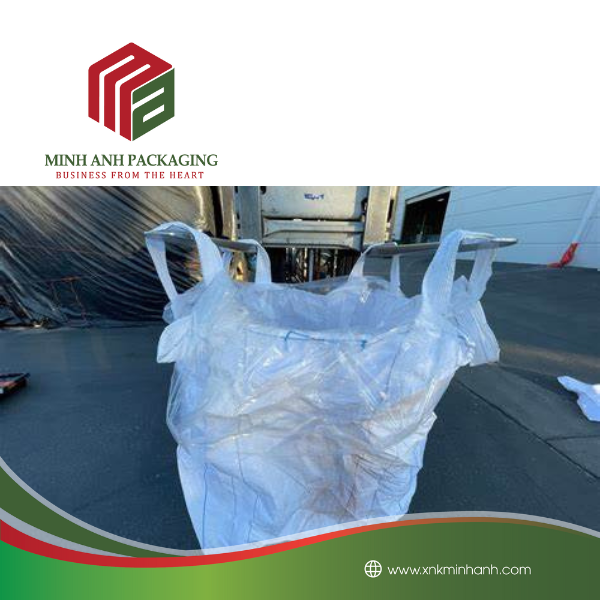
Why Are Bulk Bags So Popular?
The growing popularity of bulk bags can be attributed to their numerous advantages. Here’s a closer look at some of the key benefits they offer:
#1. Cost-Effectiveness
One of the biggest draws of bulk bags is their affordability. Compared to rigid containers like drums or wooden crates, bulk bags are far less expensive to manufacture and purchase. Their lightweight design also reduces shipping costs, as they add minimal weight to your load.
Additionally, bulk bags can often be reused multiple times if handled properly, further lowering your overall expenses.
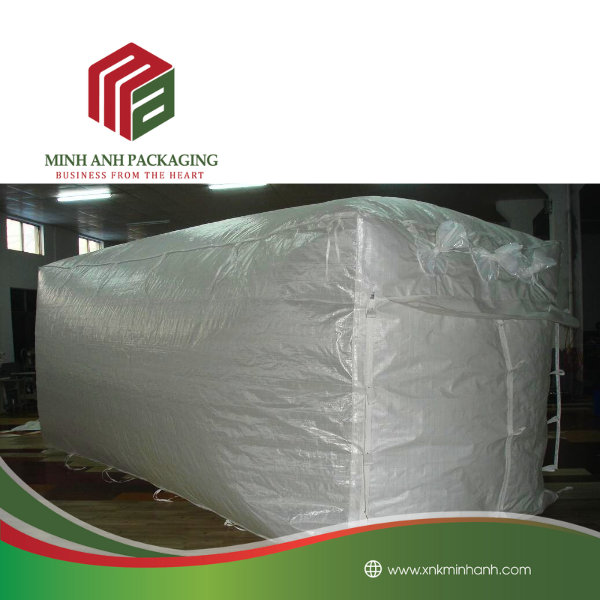
#2. Space Efficiency
Bulk bags are collapsible when empty, which means they take up very little storage space compared to rigid containers. This is especially valuable in warehouses or facilities where space is at a premium. When not in use, these bags can be neatly folded and stored until needed.
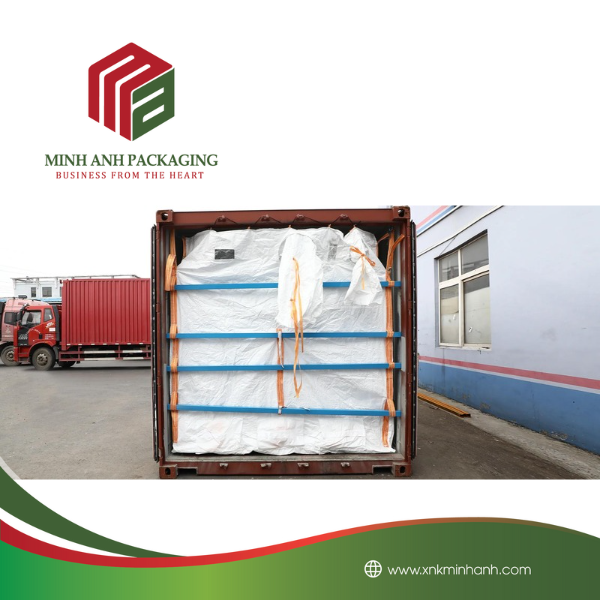
#3. Ease of Handling
Thanks to their built-in lifting loops, bulk bags are incredibly easy to transport and handle. Forklifts or cranes can quickly move them from one location to another without the need for additional equipment or manpower. This streamlined process saves time and reduces labor costs.

#4. Customizability
Bulk bags can be tailored to meet the specific requirements of your business. Need a bag with an anti-static coating for transporting flammable materials? Done. Require a food-grade liner for storing consumables? No problem. The wide range of customization options ensures that you get a solution perfectly suited to your needs.
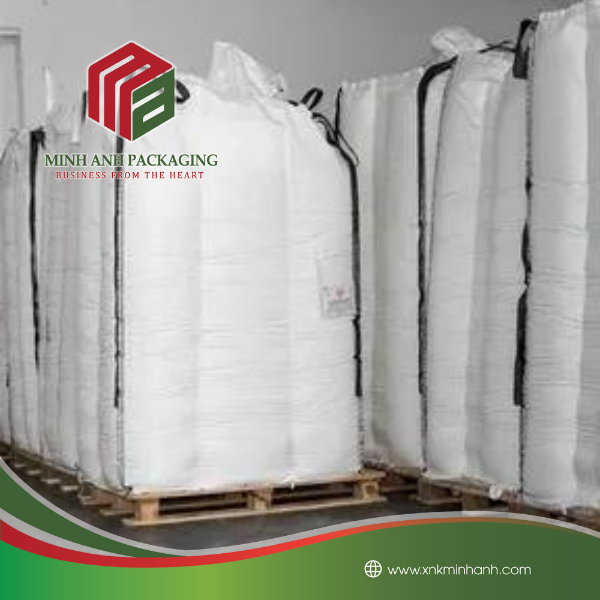
#5. Environmental Friendliness
In today’s eco-conscious world, sustainability is more important than ever. Bulk bags are an environmentally friendly option because they are reusable and recyclable. By opting for bulk bags over single-use packaging, businesses can significantly reduce their carbon footprint and contribute to a greener planet.
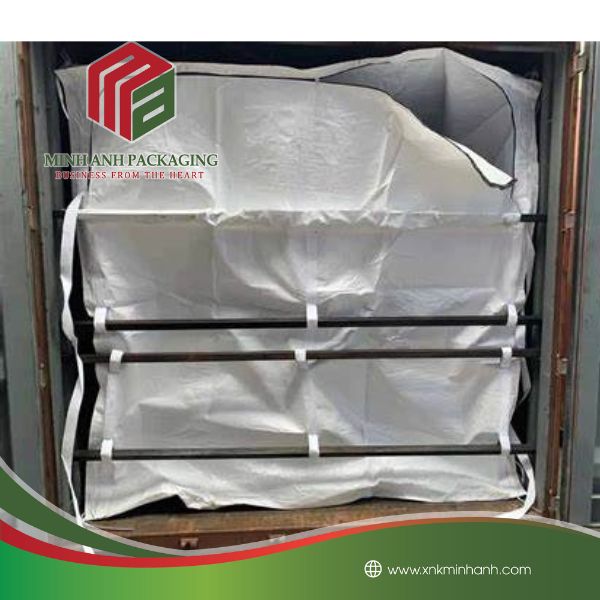
#6. Safety
Safety is a top priority in material handling, and bulk bags don’t disappoint in this regard. Their sturdy construction minimizes the risk of breakage or spillage during transportation. Moreover, specialized designs such as UN-certified bulk bags are available for handling hazardous materials safely.

Applications Across Industries
Bulk bags are incredibly versatile and are used in a wide range of industries. Here are just a few examples of how they’re being utilized:
– Agriculture: Farmers use bulk bags to store and transport grains, seeds, animal feed, and fertilizers.
– Construction: Bulk bags are ideal for carrying sand, gravel, cement, and other construction materials.
– Chemical Industry: These bags are used to handle powdered chemicals, resins, and other industrial materials.
– Food Industry: Food-grade bulk bags with liners are perfect for storing sugar, flour, rice, and other consumables.
– Waste Management: Bulk bags are often employed to collect and dispose of industrial waste or recyclable materials.

Tips for Choosing the Right Bulk Bag
With so many options available, how do you choose the right bulk bag for your needs? Here are a few factors to consider:

1. Material Type: Determine whether you need a standard bag or one with special features like UV protection or anti-static properties.
2. Size and Capacity: Select a bag size that matches the volume and weight of the materials you’ll be handling.
3. Liner Requirements: If your materials need protection from moisture or contamination, opt for a bag with an inner liner.
4. Handling Needs: Consider how you’ll be moving the bags—whether by forklift or crane—and ensure the lifting loops are compatible with your equipment.
5. Safety Certifications: For hazardous materials, look for UN-certified bulk bags that meet safety standards.
Bulk bags have revolutionized material handling by offering a cost-effective, efficient, and environmentally friendly solution for businesses across industries. Their versatility and customizability make them a go-to choice for storing and transporting a wide variety of materials.
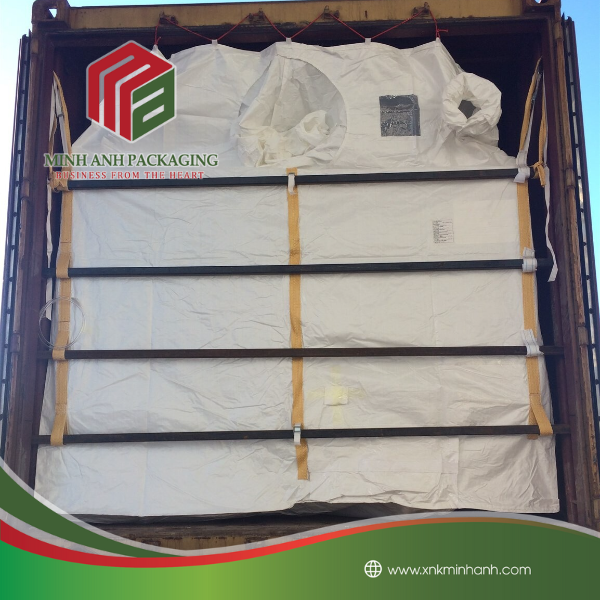
If you’re looking to streamline your operations while keeping costs in check, bulk bags might just be the perfect fit for your needs. Not only will they simplify your logistics, but they’ll also help you contribute to a more sustainable future—a win-win for everyone involved!
So why wait? Explore the world of bulk bags today and discover how they can make your material handling processes smoother, safer, and more economical!
Hãy là người đầu tiên nhận xét “Bulk Bags: A Cost-Effective Solution for Material Handling” Hủy
Sản phẩm tương tự
Tin Tức Bao Bì
Tin Tức Bao Bì
Tin Tức Bao Bì
Tin Tức Bao Bì
Tin Tức Bao Bì

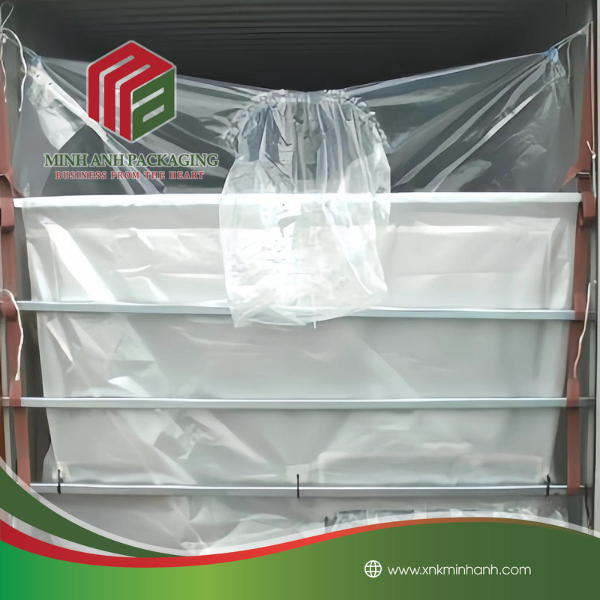

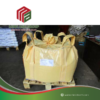











Đánh giá
Chưa có đánh giá nào.